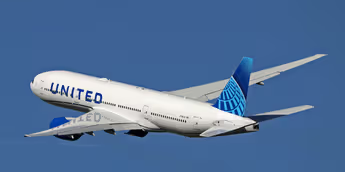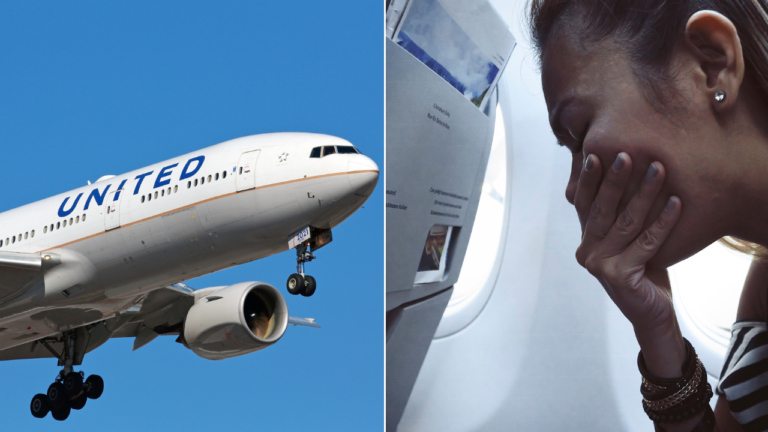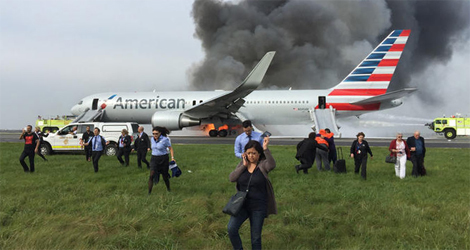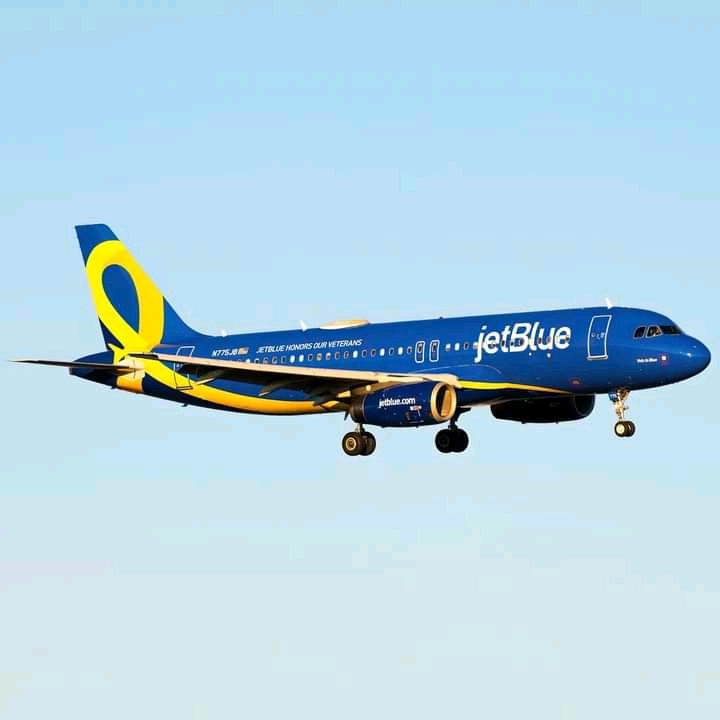United and American Airlines warned pilots they could struggle to communicate due to massive IT outage
Major airlines warned pilots they may be unable to communicate with ground services amid an IT outage that canceled thousands of flights.
American Airlines and United Airlines issued advisories to be relayed to the carriers’ airborne flights early Friday morning.
They said communication was intermittent as they were experiencing issues with systems such as the Aircraft Communications Addressing and Reporting System, or ACARS, which transmits messages to planes typically from air traffic control or airline operations.
Major airlines, banks, and supermarkets are experiencing widespread disruptions because of an IT outage after Microsoft reported problems with its online services, linked to an issue at the cybersecurity firm CrowdStrike.American, United, and Delta Air Lines — the big three of US carriers — all issued ground stops on Friday, citing a communication issue. They affected all flights regardless of destination.
According to data from Cirium, 2,691 flights had been canceled around the world by 8 a.m. ET.
In the US, about 4.2% of flights were canceled — significantly higher than usual for that point in the morning.
137 United flights were canceled, and 307 American ones, but Delta appeared to be most affected, with 508 canceled flights — equivalent to around 10%. Just 62% of flights were departing on time, the Cirium data also showed.
American and Delta canceled their ground stops around 5:10 a.m. ET and 7:50 a.m. ET, respectively.
In a statement to Business Insider, United said, “A third-party software outage is impacting computer systems worldwide, including at United.
“While we work to restore those systems, we are holding all aircraft at their departure airports. Flights already airborne are continuing to their destinations.”
Allegiant Air, Frontier Airlines, and Spirit Airlines also issued ground stops but these too were later canceled.
Around 8 a.m. Delta said on X that it had resumed some flight departures but additional delays and cancellations are expected.
“We have been able to safely re-establish our operation,” American said in a post.
The IT outage has caused chaos at airports. Whiteboards were used to display flight information in Belfast and Singapore, while some airline staff handwrote boarding passes.
On an early Friday morning, the aviation industry was thrown into chaos due to a significant IT outage that led to thousands of flight cancellations. Major airlines, including American Airlines, United Airlines, and Delta Air Lines, issued urgent advisories to their pilots and staff, warning of intermittent communication with ground services. The disruptions were traced back to issues with key systems like the Aircraft Communications Addressing and Reporting System (ACARS), which is essential for transmitting messages between aircraft and ground operations, including air traffic control.
The scale of the outage was unprecedented, impacting not only airlines but also banks and supermarkets, indicating a widespread issue with online services. This disruption was linked to a problem at the cybersecurity firm CrowdStrike, which affected Microsoft’s online services. The result was a cascade of failures across various industries, but the most immediate and visible impact was on the aviation sector.
By 8 a.m. ET, data from Cirium showed that a staggering 2,691 flights had been canceled globally. In the United States alone, the cancellation rate was about 4.2%, a significant spike compared to normal conditions for that time of the morning. United Airlines had to cancel 137 flights, while American Airlines saw 307 cancellations. Delta Air Lines was hit the hardest, with 508 flights canceled, equating to around 10% of its scheduled flights. The data also revealed that only 62% of flights were departing on time, reflecting the widespread operational disruptions.
The immediate response from the airlines was to issue ground stops, effectively halting all departures while the issue was being investigated and resolved. American and Delta were among the first to cancel their ground stops, around 5:10 a.m. ET and 7:50 a.m. ET, respectively. United Airlines, in a statement to Business Insider, acknowledged the third-party software outage affecting computer systems worldwide, including their own. They decided to hold all aircraft at departure airports while allowing those already in flight to continue to their destinations.
The smaller carriers were not immune to the fallout. Allegiant Air, Frontier Airlines, and Spirit Airlines also issued ground stops, although these were later canceled as the situation gradually improved. Delta, in a post on X, confirmed that it had resumed some flight departures by 8 a.m., but warned of additional delays and cancellations.
The impact of the IT outage extended beyond just the airlines. Airports around the world had to resort to manual methods to manage the disruption. In Belfast and Singapore, whiteboards were used to display flight information, a stark reminder of the pre-digital era. Airline staff in some locations had to handwrite boarding passes, adding to the chaotic scenes at terminals.
The root cause of the IT outage was linked to issues at CrowdStrike, a cybersecurity firm whose services are integral to the functioning of Microsoft’s online platforms. The nature of the problem has not been fully disclosed, but its widespread impact underscores the interconnectedness of modern digital infrastructure. When a key player like CrowdStrike experiences issues, the ripple effects can disrupt multiple sectors simultaneously.
Airline passengers bore the brunt of the disruptions. Social media was flooded with images and videos of crowded airports, frustrated travelers, and long lines. Many passengers were left stranded, waiting for updates on their flights with little information to go on. The use of whiteboards and handwritten passes highlighted the severity of the situation, as digital systems were rendered unreliable.
For the airlines, the outage posed significant operational and financial challenges. Cancelling and rescheduling flights is a costly affair, involving compensation for affected passengers, additional staffing needs, and logistical headaches. The communication breakdown with ACARS, a critical system for flight operations, meant that airlines had to implement manual workarounds to maintain some level of service.
In the aftermath, airlines and their IT partners likely initiated thorough reviews to understand the vulnerabilities that led to such a widespread failure. The incident serves as a stark reminder of the fragility of modern digital systems and the cascading effects that can arise from seemingly isolated technical issues. Ensuring robust cybersecurity measures and having contingency plans for IT failures are now more critical than ever.
The broader implications of this outage are significant. It highlights the dependency of various industries on a few key technology providers and the potential risks of centralization. As businesses and services increasingly move to digital platforms, the need for resilient and redundant systems becomes paramount. This incident may prompt a reevaluation of risk management strategies across sectors that rely heavily on digital infrastructure.
The IT outage that disrupted major airlines on that fateful Friday morning was a stark reminder of the vulnerabilities inherent in our digital age. Thousands of flights were canceled, and the ripple effects were felt across the globe, affecting passengers, airlines, and airports alike. As the industry recovers and learns from this incident, the focus will likely shift towards enhancing the resilience of critical systems to prevent such widespread disruptions in the future. The event underscored the importance of robust cybersecurity and the need for comprehensive contingency planning to safeguard against the unexpected failures of interconnected digital systems.






